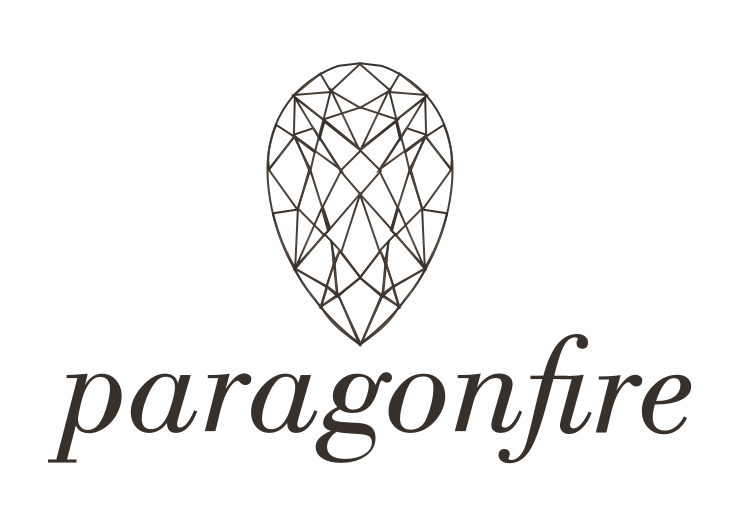It was the strangest sensation, almost like a mythical dream state of a parallel universe. Eighteen months ago, on a reasonably warm April day, we drove up to the same brick and mortar building for surgery. The lot was full of cars; people were meandering their way to the elevator bank, grabbing coffee and sitting in waiting areas for their name to be called.
Eighteen months ago, my husband sat at my side, a support and comfort as we awaited the placement of my IV, the awkward donning of a rough weave hospital gown with strange diamond shapes imprinted on it, and the moment I would be rolled away into the operating room.
He would be there when I woke up also, to hold my hand, call the nurse and simply bear witness to the post-operative pain I would suffer.
But, that was 18 months ago. It might has well have been a lifetime ago. It felt like the type of memory created by historical fiction, truth laced with story, where you cannot really tell what actually occurred, but you think you know.
This time, however, it was different. We dropped our children off, fully masked at their schools, without the requisite hug or embarrassing kiss, because we are no longer allowed out of our cars. I drove away with the nagging thought that if anything happened to me, this would be the last moment we shared. A masked goodbye waved through a dusty car window.
We drove through the rest of the early morning rush hour in near silence. Me contemplating, as all physicians do, how many things could possibly go wrong during my surgery and how little data there is to believe anything would go wrong at all. But, physicians treating physicians often feels like baiting of Murphy’s law. If it can go wrong, it will.
The stoplights transitioned back to green and my husband rolled to a stop in front of the building. He looked at me, perplexed, on what to say next. What do you say when you drop your spouse off for surgery, in the demoralizing event of leaving her at the doorstep like the all-too-common grocery deliveries popularized in this pandemic? What do you say when you cannot enter together anymore, and the past sense of traversing a trauma together is lost?
“Can I help you to the door?”
I laughed; not because he was funny, but because of the cruel reality of the loss of what to say when COVID-19 has taken so much away, including the simple capacity for him to come with me and hold my hand when I needed it.
“I can still walk.” This is all I can say, because it is true. We share a disconcerted smile over the incomprehensible changes this year. A smile that spans far beyond our experience, and encompasses all of the experiences we bear witness to. Those facing far more serious medical conditions, high risk surgeries, and COVID-19 itself.
I enter alone. I sit alone. I wait alone. I recover alone.
In truth, of course I had a team – nurses, physicians, techs and more. But, they are not with me the entire time. They are not there, holding my hand. Mostly, I feel alone.
In my dazed, post-anesthesia recovery, I am wheeled back into the blinding sun. In the hands of my husband, who picks me up at the curb and helps me into our vehicle. Yet again, feeling a bit more like produce than a patient.

